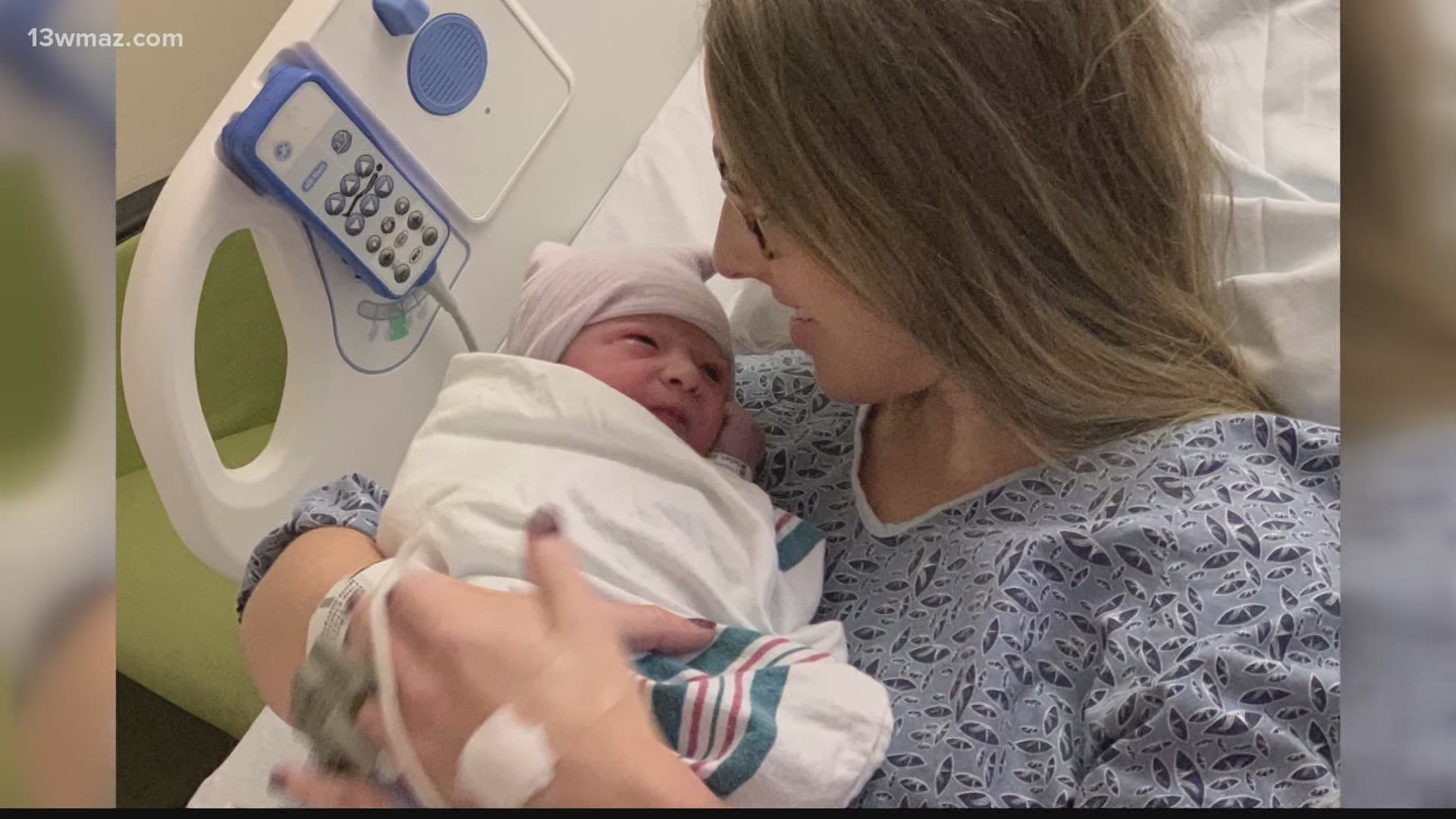MACON, Ga. — At the start of the COVID-19 pandemic, couples were forced to spend a lot of time at home with one another.
That has some of you asking if there is going to be a baby boom.
We spoke to Laura Simon from Mercer University and Chief Medical OBGYN doctor Patrice Walker with the Medical Center, Atrium Health Navicent to verify.
Back in November, 32-year-old Jennifer Seben gave birth to her son Brodie.
Seben said, "Always had fertility issues, and went through IVF with the twins, so totally surprised pregnancy."
The pandemic last year had a lot of people spending more time at home with their families, including husbands and wives, and that had some people wondering if the United States was headed for a baby boom.
The short answer is so far, no.
Mercer University Assistant Professor of Sociology Laura Simon says there are a variety of reasons.
"For people who don't have kids yet or who have kids are were thinking about it," said Simon. "They are also thinking about school challenges, daycare challenges, work-life balance challenges that look very different during COVID."
What do the numbers show?
National birth rates for 2020 aren't totaled up yet, but the nonprofit Brookings Institute estimates there will be at least 300,000 fewer births in the United States for 2021.
And about Houston and Bibb counties?
We got totals from both Atrium Health Navicent and Houston Medical Center, and they had 62 fewer births in December and January compared to a year ago.
That's 8 percent less.
"The vast majority of births this year will have been conceived in 2020," said Walker. "I think it is, of course, early in the year, and we will have a lot more data as the year goes on."
As Seben looks back, she says she just wishes her husband could've been there more.
Hospital COVID-19 rules kept him away from most of her doctor visits.
Seben also said, "My husband wasn't there to hear the heartbeat."
Most people thought there would be more babies this year, but we can verify no.
In fact, national numbers suggest we may be in the early stages of a "baby bust."
Google Trends says there have been significant decreases in sex and pregnancy-related searches over the past year.

